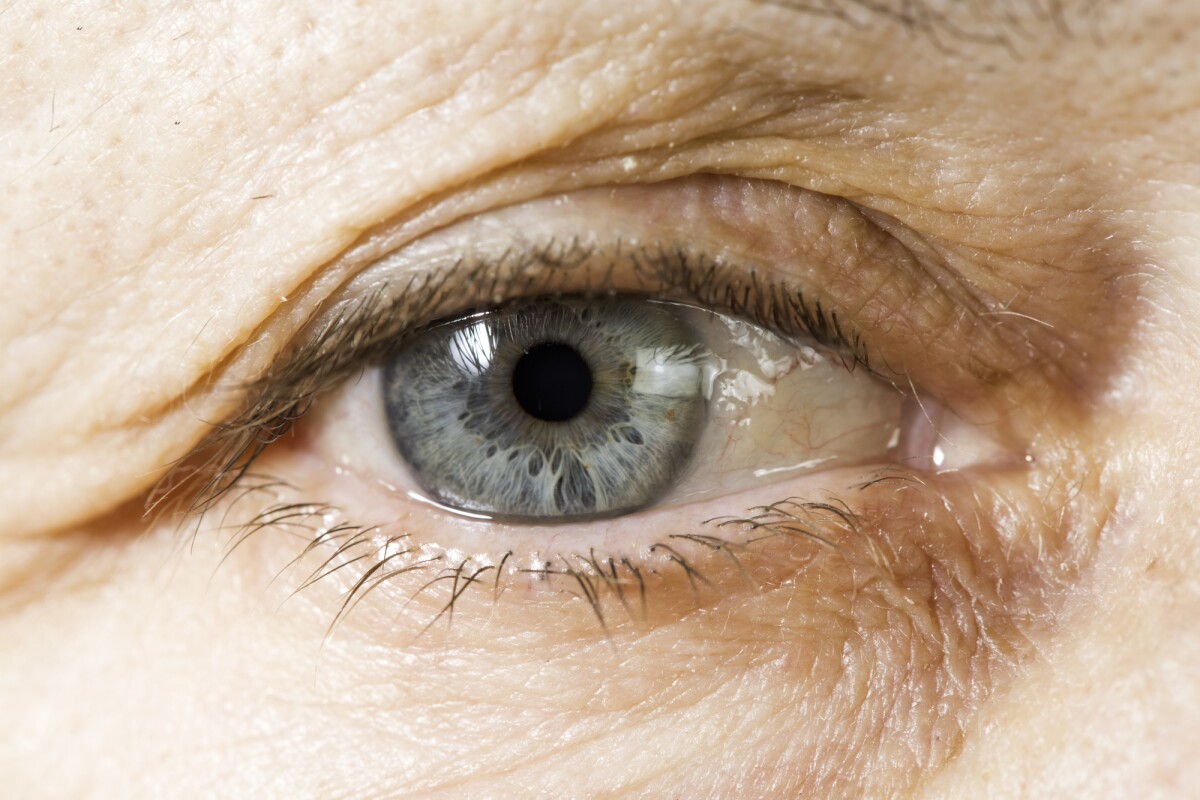
This is great news for all those who suffer eyesight deterioration. It stop the problem progressing and also provides partial reversal.
This means most victims can be hugely helped because it is easily enough detected in the early stages of onset. you notice a bluriness.
We have a great fix and missing out on alcohol is no big thing for most who made it this far..
Alcoholism treatment restores vision in mice with macular degeneration
March 22, 2022
An existing drug has been found to restore vision loss in mice
VIEW 1 IMAGES
https://newatlas.com/medical/macular-degeneration-vision-restore-drug/?
Scientists have found that an existing drug, already used in humans to treat alcohol use disorder, could help restore vision lost to conditions like age-related macular degeneration and retinitis pigmentosa. The discovery also uncovers a new mechanism for how vision degrades, which could lead to a new class of drugs to reverse it.
Age-related macular degeneration (AMD) is one of the most common causes of blindness in older people, characterized by vision that degrades slowly in the center of the visual field. Retinitis pigmentosa (RP) is a rare genetic disorder that similarly affects the peripheral vision. In both cases, vision can’t be restored once it’s lost, but progression of symptoms can be slowed down.
Previous research has shown that degeneration of the outer retina, which occurs in both AMD and RP, can disrupt the function of the inner retina. Retinal ganglion cells can become hyperactive, creating a kind of “sensory noise” that stops surviving photoreceptors from communicating effectively with the brain.
In the new study, the team found that an existing drug called disulfiram can help quiet that noise and restore some vision lost to these conditions. Disulfiram, also known as Antabuse, is FDA approved and has been used to treat alcohol use disorder for decades. And in tests on mice that were almost completely blind, the drug was able to restore some vision.
“We knew the pathway that the drug disulfiram blocks to treat alcoholism was very similar to the pathway that’s hyper-activated in degenerative blindness,” said Michael Telias, first author of the study. “We expected some improvement, but our findings surpassed our expectations. We saw vision that had been lost over a long period of time preserved in those who received the treatment.”
The tests were conducted on mice that were in the late stages of degeneration, and could barely detect images on a computer screen. After mice received the treatment, however, they became significantly better at detecting those images, indicating some vision restoration.
With the drug already widely used in humans, it should be relatively easy to conduct trials in patients with vision loss. But because disulfiram causes extremely unpleasant reactions to alcohol consumption and is used as a disincentive for people who have an addiction, patients would need to stop drinking.
The researchers also say that uncovering this new pathway for restoring vision is important in itself, as it could lead to the development of other drugs that work the same way, minus the alcohol side effects. The team has already tested one such drug, the experimental BMS 493, which had similar results in mice.
A clinical trial of disulfiram on patients with RP is already being planned.
The research was published in the journal Science Advances.
Alcoholism treatment restores vision in mice with macular degeneration
No comments:
Post a Comment